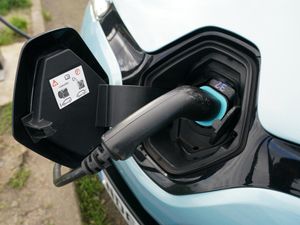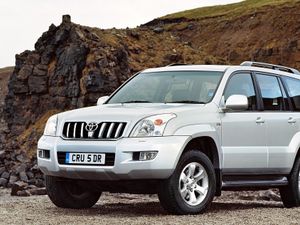What do I need to know about making the switch to an EV?
Changing to an electric car can have huge benefits – but what else do you need to be aware of?

The shift towards electric vehicles is already well on its way. With government promotion of EVs increasing and an ever-looming deadline on the sale of petrol and diesel vehicles a present thought, it’s likely that many people will be considering switching to an electric vehicle.
It’s a move which can have massive benefits, but there are some changes that come as part of the switch. Let’s take a look at some of the key things you need to know.
How important is range?
Range, range, range. It’s a word which has great emphasis in the EV world, as it governs how far you’ll be able to travel on a single charge. In truth, how important range is completely depends on how far you usually travel.
If you’re someone who only does shorter trips around town and does fewer than 100 miles a week, then a car with a shorter range will suit you down the ground. However, If you’re a driver who travels further afield, then a car with a bigger battery might make more sense. Don’t be scared of cars with shorter ranges, though, as they’ll still offer more than most people do on average each week.
How do I charge at home?
Home charging is one of the crucial aspects of owning and running an electric car. Being able to add energy to the vehicle while it’s at your home really does make things a lot more flexible – and cheaper, too.

Whenever you buy a new car, there are incentives in place for charging at home. Government grants and even manufacturer schemes will make installing a home wallbox much cheaper. Yes, you can use a three-pin socket, but this isn’t as quick nor as safe as having a wallbox.
Will an electric car actually be cheaper?
Of course, the initial upfront cost for an EV is often more than an equivalent internal combustion-engined car. However, as the technology progresses, this is becoming less common. The new Renault Zoe, for instance, is priced from £26,495, which though still relatively expensive is more in line with the segment.
It’s charging where the cost savings really come into play. As with petrol, the prices do vary between chargers, with some costing from around 25p/kWh up to around 35p/kWh. For around 100 miles of additional charge, you’ll be looking at about £6-7.
When it comes to charging at home, that really depends on your own energy tariff. Plenty of companies are now offering EV-friendly plans which take advantage of lower priced charging times, such as in the middle of the night. However, for an average EV with around 200 miles of range and a 60kWh battery, you’ll be looking at around £8.40 for a full charge. It represents good value compared with petrol and diesel.
Are there any less obvious benefits?
Though the cost-saving benefits are quite easy to see, there are some other positives to owning an electric car. One of them is simply refinement; EVs are quiet and, therefore, relaxing to drive around in. You’ll notice quite the difference compared with a petrol or diesel car, in fact.
Another positive is performance. Even lower-powered EVs really zip away from the line, and they give acceleration that regular cars simply can’t hope to match.
But isn’t there a lack of charging infrastructure in the UK?
The number of charging stations in the UK has grown massively in recent years. According to ZapMap, there are 33,521 connectors across the country, made up of 19,249 charge points in 12,121 locations.
In terms of how they’re spread out across the country, 26 per cent are in central London alone, with 13.5 per cent in the south east and 12.3 per cent in Scotland. This figure is only set to rise, too, as government funding looks to make fast chargers more widespread across the country.
Doesn’t all of the energy come from fossil fuels anyway?
Of course, an electric vehicle is only as environmentally friendly as its energy source. However, many energy and charger unit suppliers are working to ensure that their energy comes from green suppliers. All of BP Chargemaster’s charging stations, for example, are certified as providing renewable energy while home energy providers like Octopus Energy provide power which is completely green.





